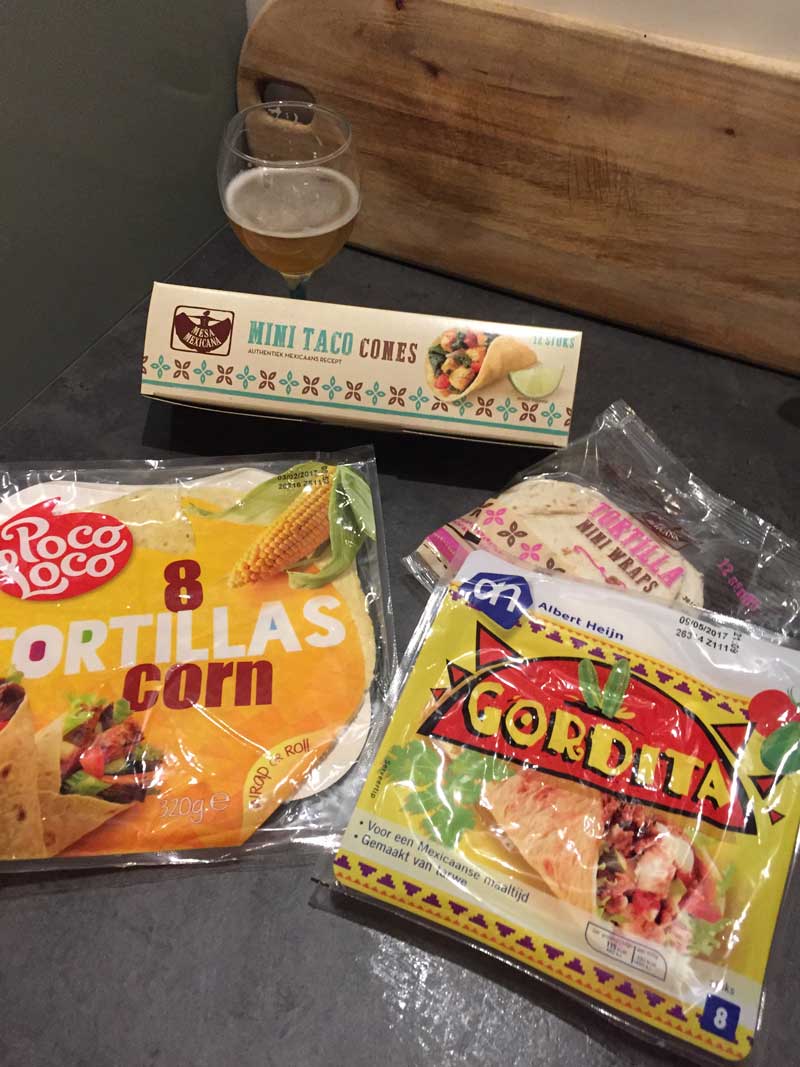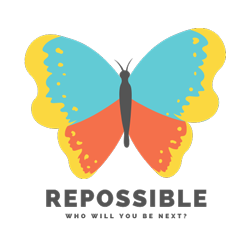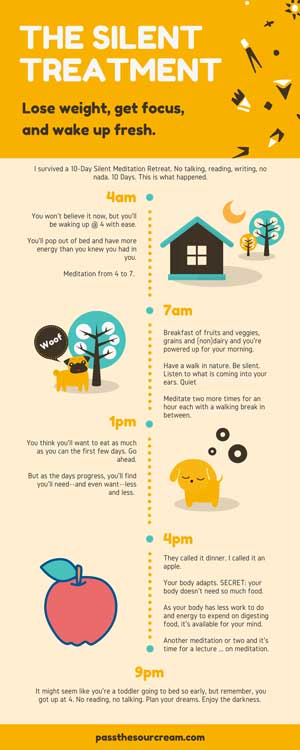
T is for Trust

- A is for Acknowledgment
- B is for Beneficient
- C is for Choice
- D is for Duh!
- E is for Efficient
- F is for Fail
- G is for Generosity
- H is for Health
- I is for Indecision
- J is for Jealousy
- K is for Kin
- L is for Likoma
- M is for Momentum
- N is for Naive
- O is for Overwhelmed
- P is for Proverb
- Q is for Quick
- R is for Respect
- S is for Smile
- T is for Trust
- U is for Useful
- V is for Virus
- W is for Whisper
- X is for Xanadu
- Y is for Yellow
- Z is for Zebra
- A to Z Wrap Up
The best clients are those who trust you.
If you have a client who trusts you, so many things fall into place. There is much less back and forth (especially with feature requests, design revisions, etc.) if they trust you as you don’t have to have the conversation which is basically their asking you if that’s really the best way/method/design/implementation. They trust your judgment, experience, and style. If they trust you, they can move onto the next step: whether it works for them, is right for them, etc.
Trust is a two-way street.
But for them to trust you, you need to understand them, know what they need and want, and choose what’s best for them based on what you know. To know that, they need to be open and honest with you about their needs and desires. You’re trusting them to be honest and open with you. If they’re not, the relationship is going to suffer, it will take more work to get to the same result if there is less trust.
To be trusted is a greater compliment than being loved. — George MacDonald
Back in business school, we had an awkward exercise. We were asked about classmates (which included friends) and their characters. Did we like them? Why? That sort of thing. But then came the question, “Would you hire them?” It was strange as it brought out a different set of criteria. It then mattered less if you liked them (although still important), but if they were going to be on your team, could they do a good job, did they know their stuff, did you trust them. You can be “friends” with anyone, but trusting someone takes a few more criteria into play.
Of course, this applies to friends, partners, kids, spouses, and anyone you have a relationship with.
Or maybe, ” … anyone you want to have a real relationship with.” Think about it, of your friends or colleagues or even family, are there some you don’t trust as much? What does that mean to your relationship? How does that effect how you see them, interact with them, even in something as simple as choosing who comes to an event or is on the project or part of the team? It might not be first and foremost in your conscious decision making process, but it’s a strong underlying factor.
trust: assured reliance on the character, ability, strength, or truth of someone or something

Does the architect know what he’s doing? If we trust him, we don’t even ask ourselves that.





























I love that quote- “To be trusted is a greater compliment than being loved.” It is so true. When I have trust issues with a person, the whole relationship is impacted.
As a writer you’ll understand this, but I learn about topics much more deeply if I write about them. Sure, I might think about trust, but if I “force myself” to write about it, I’m going to pay more attention to the topic and learn something–and then also learn from someone else, like you.
This is a good post! Made me think! Especially that part that suddenly asked me: would you hire them? I realized that I won’t hire a lot of my friends who are unreliable. I like them, but that doesn’t mean I trust them to be able to do things.
And then there is the trust in another capacity – the trust your deepest darkest secrets to part.
Trust really is a key part in relationships.
Deecoded
You’re right, there are many aspects to trust I wasn’t even thinking about–the secrets! There are people I just wouldn’t trust to tell certain things, but that’s OK. You don’t need to tell everyone. Then there wouldn’t be any secrets … and what fun would that be? 😉
Great quote, love the house pic too. I find it hard to trust people, too many things can go wrong! Maybe that’s me being a control freak?
I guess it depends what you’re trusting them with. A pencil, your house, your child. For me, it depends on how “important” the thing is we’re trusting them with.